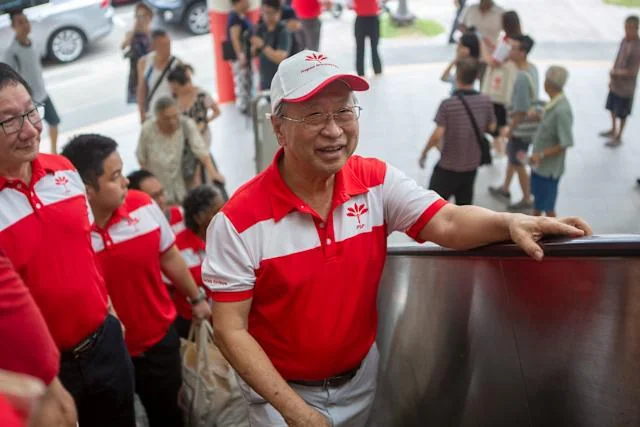PSP Tan Cheng Bock now admits that we have to worry about US tariffs
Dr Tan called PM Wong's statement on the US tariffs as a fear-mongering but later admitted that it's a very serious problem.

During the PSP's manifesto launch early this month (Apr 6), Dr Tan Cheng Bock, the party's chairman, criticized the government's response to the US tariffs as "overblown".
He suggested that the government's strong warnings, such as Prime Minister Lawrence Wong's (PM Wong) statement on about the "likelihood of a full-blown global trade war," might be an attempt to "instil fear" in voters to make them choose the incumbent as a "safe bet" ahead of the General Election.
In a YouTube video, PM Wong urged Singaporeans to brace themselves because the risks are real and the stakes high.
Dr Tan called for economists to study the real impact of the tariffs. "Don't just make statements of this kind and scare everybody," he said.
To worry or not to worry?
On Saturday (Apr 19), Dr Tan reiterated his party’s stance on the trade war, calling it “a very difficult problem, but a very serious problem” that “we are not taking lightly”.
He said: "Trump is so unpredictable. I cannot give you the answer also. But i don't think that we are just lying low and say oh, nothing to worry. of course, we worry differently. We are looking for answers. This is a very difficult, serious problem. And we are not taking it lightly."
PSP's position on the US tariffs reflects a critical view of the government's initial response as potentially exaggerated for political gain but later recognized the trade war's significant economic implications that should not be taken lightly.

